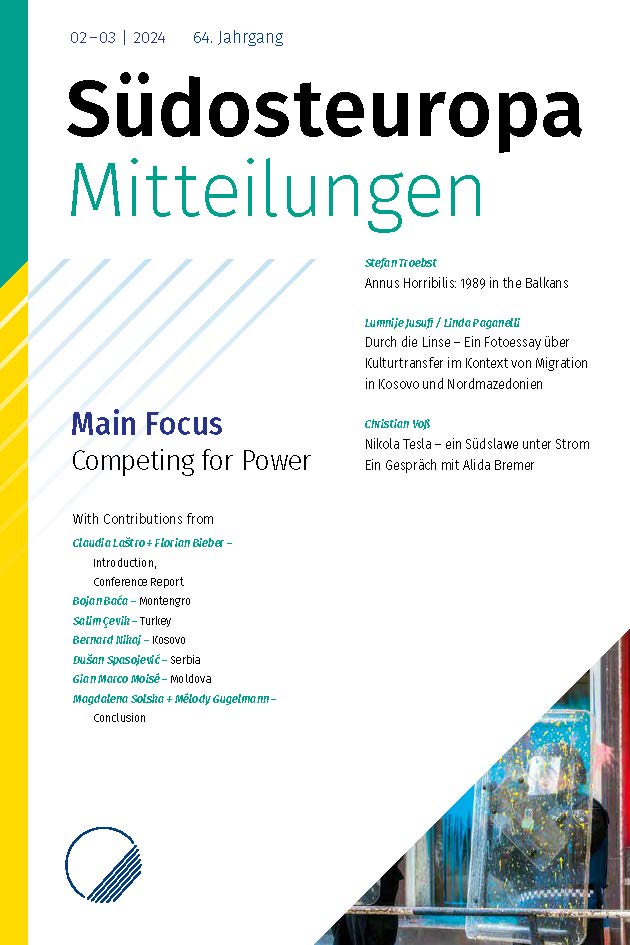Intra-Opposition Cooperation in Turkey in 2019 and 2023. Which Factors Accounted for the Different Outcomes?
Intra-Opposition Cooperation in Turkey in 2019 and 2023.Which Factors Accounted for the Different Outcomes?
Author(s): Salim ÇevikSubject(s): Politics / Political Sciences, Government/Political systems
Published by: Südosteuropa Gesellschaft e.V.
Keywords: opposition; Turkey; AKP; politics; Kılıçdaroğlu; Erdoğan;
Summary/Abstract: Turkey’s opposition won a surprising victory in the 2019 local elections, reclaiming Istanbul and Ankara after 25 years. This success was attributed to their unity around common can-didates. In the lead-up to the 2023 general elections, conditions seemed favorable for the opposition due to ongoing economic turmoil and elite defections from the ruling AKP. De-spite predictions the opposition lost. Several factors contributed to this outcome. First, the opposition nominated Kemal Kılıçdaroğlu as the opposition candidate, an unpopular poli-tician with limited appeal beyond the party base. He also belonged to an ethnic and reli-gious minority, which allowed Erdoğan to exploit identity divisions. Secondly, the delayed nomination process for Kılıçdaroğlu highlighted disunity within the opposition, undermin-ing its vision of cohesion. Thirdly, the differing nature of municipal and national elections affected the opposition’s ability to maintain unity. While municipal elections tend to down-play ideological divisions, national elections are more ideologically driven, posing chal-lenges for opposition unity.
Journal: Südosteuropa Mitteilungen
- Issue Year: 64/2024
- Issue No: 02-03
- Page Range: 33-44
- Page Count: 11
- Language: English
- Content File-PDF

